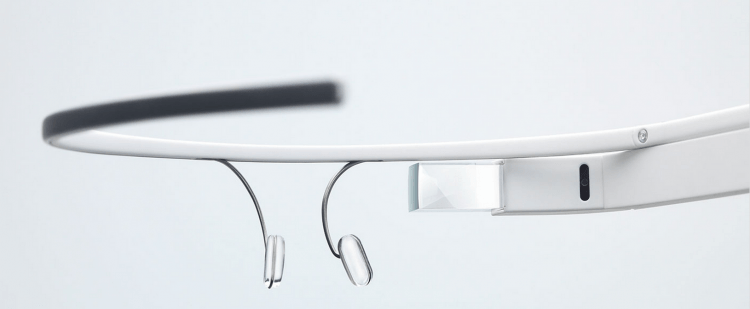Wearable is being heralded as the next big thing and Google Glass is certainly one of the main driving forces behind this movement. But in addition to the steep $1,500 price tag attached to these futuristic glasses during the Explorer Program open to a limited number of early adopters, prospective buyers have also had to put up with the ongoing privacy debate. Now it seems as though Google may have finally provided an answer.
In an online post targeted at software developers, the company wrote, "We won't add facial recognition features to our products without having strong privacy protections in place. With that in mind, we won't be approving any facial recognition Glassware at this time."
The decision to ban such software looks to be a smart move on their part considering their long history of privacy 'sins.' Aside from their extensive collection of personal data, Forbes notes a recent mishap where Street View cars were found to be gathering sensitive user information from unsecured Wi-Fi signals as they roamed the streets – resulting in a $7 million fine in the US and a couple of smaller fines related to the same case.
Another example of Google failing to evolve a product from prototype to something that's acceptable for the consumer market is Buzz – a social networking feature that went awry. Buzz was automatically activated on all user email accounts, and provided the user with a list of people to follow, as well as a list of people who would follow their own updates. Although the premise may have seemed good at the time, Google made the mistake of not asking for their client's permission - a huge blunder that sparked a public outcry.
It seems Google has learned from experience and is wisely proceeding with caution. The decision might also have something to do with the eight US lawmakers who recently sent a letter to the tech giant, explaining that they are "curious whether this new technology could infringe on the privacy of the average American."
Regardless of the reasons for the facial recognition ban, tech enthusiasts should focus on the plethora of new apps that are being built for the platform. Twitter and Facebook have already produced Glass-enabled programs, with several other developers currently working on more.
